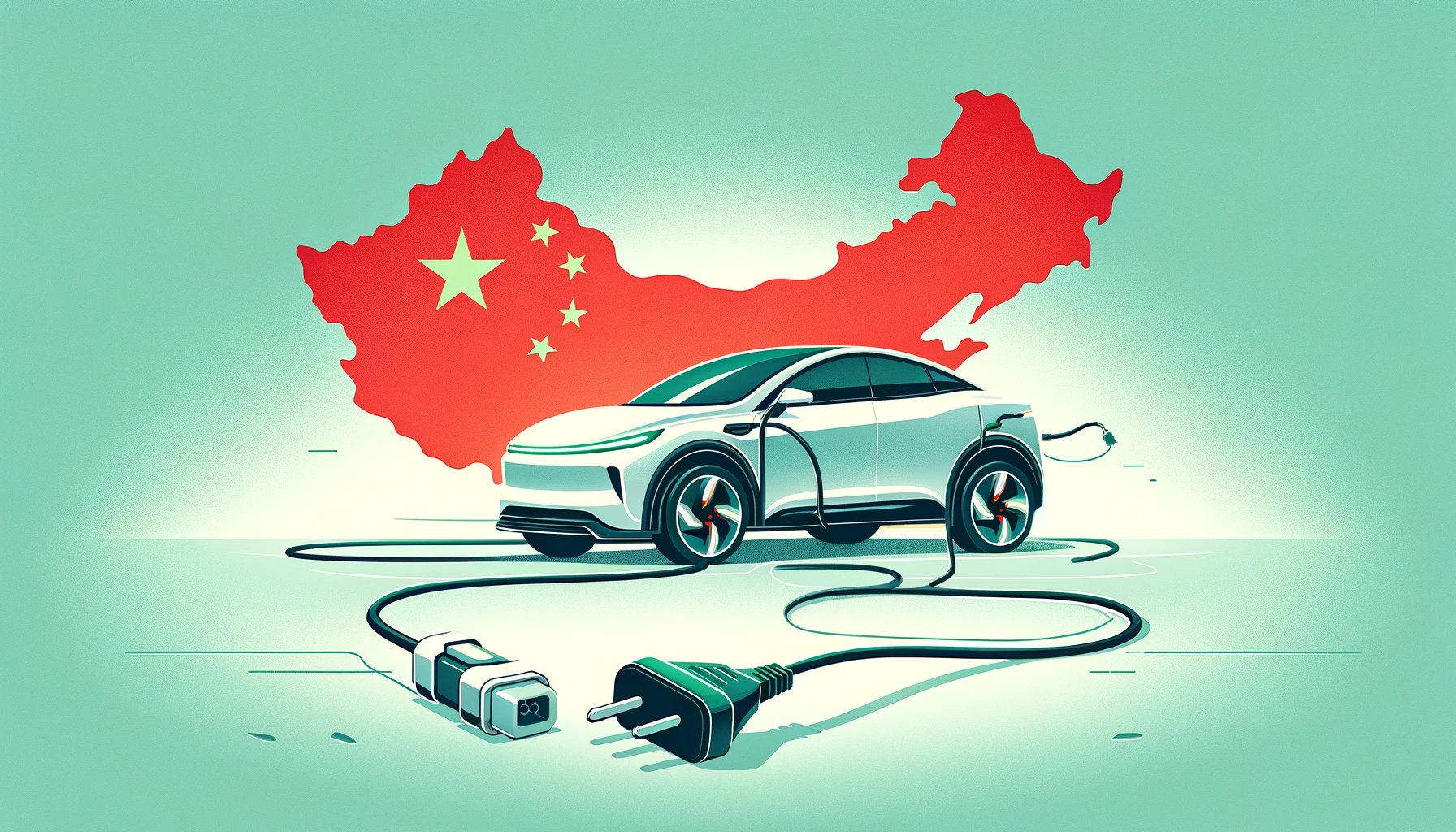
In a strategic move to fortify its burgeoning electric vehicle (EV) sector against escalating international trade tensions, China has announced a comprehensive support package aimed at enhancing the global competitiveness and sustainability of its electric car industry. Facing mounting trade restrictions from pivotal markets like the European Union and the United States, China’s concerted push underscores the nation’s ambition to remain at the forefront of the EV revolution while navigating the complexities of global trade dynamics. This initiative reflects China’s determination to assert its leadership in the green transportation evolution, leveraging its manufacturing might, technological innovation, and policy support to secure a prominent position on the global stage.
Global Positioning and Trade Challenges
Overview of China’s EV Market Dominance: China’s ascent to becoming the world’s largest automobile exporter is a testament to its strategic focus on electric vehicle production. In 2023, China not only solidified its position as a global leader in the automobile sector but also underscored its dominance in the EV market. This remarkable achievement is attributed to a mix of innovation, robust government support, and unparalleled manufacturing prowess. China’s commitment to renewable energy and sustainable transportation solutions has propelled it to the forefront of the EV industry, making it a formidable player in the global automotive landscape.
Trade Tensions with the EU and US: The road to dominance, however, has not been without its challenges. China faces specific trade tensions, including the European Union’s investigation into subsidies and the Biden administration’s tariff considerations. These challenges have the potential to impact China’s EV market significantly, affecting its global trade relations and positioning. This section elaborates on the nuances of these trade tensions, analyzing their implications for China’s automotive strategy and its interactions on the international stage.
Government Response and Strategic Guidelines
Inter-Agency Support Announcement: In response to these challenges, a collaborative announcement emerged from China’s ministries of commerce, foreign affairs, and customs, among other agencies. This declaration emphasized the strategic importance of EV exports to the country’s broader trade strategy, signaling a unified governmental approach to supporting the EV sector. This section details the collaborative nature of the initiative and its significance for China’s trade policy.
The published guidelines are a cornerstone of China’s strategic response. They focus on key components such as leveraging international trade rules, engaging with foreign governments, and promoting an open trade environment for EVs. This breakdown provides insights into the strategic underpinnings of the guidelines, highlighting their objectives and the mechanisms for their implementation.
Support for International Expansion: Central to China’s strategy is the encouragement for Chinese automakers to establish overseas R&D centers. This move, coupled with the call for the financial sector to enhance credit and international transaction support, underscores China’s ambition for a globally integrated EV industry. This section discusses the strategic rationale behind these initiatives and their potential impact on China’s global automotive footprint.
Industry Implications and Global Integration
Setting International Standards: China’s initiative to lead in establishing international standards for EVs and batteries is a bold step towards global industry leadership. This includes safety protocols for transporting battery cells, a critical aspect of the EV supply chain. This section explains China’s strategy for influencing global standards and its implications for the industry’s future.
Positive Industry Reception: The reception from industry participants and statements from entities like the China Association of Automobile Manufacturers have been overwhelmingly positive. This section includes reactions that emphasize the guidelines’ significance for global market integration and development, highlighting the industry’s support for the government’s approach.
Key Highlights of China’s EV Industry Support Plan
- Strengthened inter-agency collaboration to boost EV exports.
- A comprehensive set of guidelines aimed at navigating international trade rules and promoting a transparent trade environment for electric vehicles.
- Initiatives to encourage Chinese automakers to establish R&D centers abroad.
- Efforts to engage with the global financial sector to support the EV industry’s international transactions and credit needs.
- A commitment to leading the development of international standards for EVs and battery safety.
The Chinese government’s robust response to international trade challenges marks a pivotal moment for the country’s electric vehicle industry. By rolling out a strategic support plan, China not only aims to safeguard its leading position in the global EV market but also to foster a more integrated and cooperative international trade environment. As the world moves towards greener transportation options, China’s proactive measures could significantly influence the global automotive landscape, offering both opportunities and challenges for international collaboration and competition.
Future Implications:
The long-term implications of China’s strategy on the global EV market are profound. As China endeavors to set international standards, it could shape future innovations and safety protocols in the EV industry. This leadership role might foster cooperation or further tension between China and key international players in the automotive sector, influencing the trajectory of the global transition to sustainable transportation.
Featured Image Courtesy of DALL-E by ChatGPT
